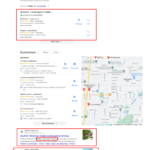Women have played a significant role in shaping the landscaping industry. They have often worked behind the scenes, made significant contributions both historically and in contemporary times and driven crucial changes.
The landscaping industry has traditionally been a male-dominated field, with its roots firmly planted in physical labor and outdoor work.
However, in recent years, a shift has been taking place as more and more women are entering into this dynamic and rewarding profession.
From landscape designers and architects to business owners and project managers, women are breaking new ground and leaving an impressive mark on the industry.
History of Landscaping- Role of Women in it
The history of landscaping dates back centuries to ancient civilisation, where gardens and parks were predominantly designed for aesthetic, functional and as the symbol of beauty and power. Women have also played a crucial role in shaping the landscaping industry which is often overlooked.
Remembering some significant contributions, in the 18th and 19th centuries, women like Gertrude Jekyll brought artistic sensibilities to garden design, especially the idea of blending horticulture with artistry. Her innovative approach laid the foundation for modern landscaping.
During World War II, women demonstrated their capability and enthusiasm for the field by stepping into roles traditionally held by men and maintaining public parks and private gardens. During this time, their contributions were crucial to maintaining and expanding landscaping practices, demonstrating that women could succeed in this field.
Historically, landscaping has been seen as a male-dominated field, with the physical demands and outdoor work environment often perceived as a deterrent for women. However, times are changing, and more women are recognizing the fulfilling and diverse opportunities that the landscaping industry offers.
Female landscaping and groundskeeping workers percentage rose to 10 percent in 2019. Although it dropped to 6.5 percent in a year due to COVID. Zippia’s data science team recently claimed that 10.3 percent of all landscapers are women at the moment. The numbers speak a ton about current condition which need a change for better for females.
How Women are Changing the Landscape of Landscaping?
Women have been taking on more and more leadership roles in the landscaping industry in recent years, bringing new ideas and perspectives to the table. The number of women working in the landscaping industry has increased in the past few years, with women filling roles in each facet of the industry.
Their involvement spans from hands-on gardening to executive positions in landscape architecture firms. From artistry and landscape design to software development and high-quality lawn care, women are carving out their niches in the green industry showing their expertise across a wide range of specialisations.
Margie Grace, founder of Grace Design Associates, is known for sustainable and ecologically responsible designs that set new industry standards.
Women are more focusing on driving diversity and inclusion within the field. There are organisations like Association of Professional Landscape Designers (APLD) and Women in Landscape Network (WILN), which provide platforms for women to share knowledge and support each other. Such initiatives have boosted the opportunities for women encouraging more to pursue their career in landscaping.
Women are also leading the way in integrating technology into landscaping. For example, Kate Orff, a landscape architect, uses data-driven designs to solve problems associated with the environment. Her work on projects like the Living Breakwaters in New York shows how innovative, ecologically focused designs can reduce the effects of climate change and make communities more resilient.
Additionally, women are champions of landscaping sustainability. They emphasise water conservation, native plants, and natural practices. Leaders such as Claudia West, co-author of “Planting in a Post-Wild World,“ advocate for biodiverse, resilient landscapes that support local ecosystems.
Another significant shift is the rise of landscaping businesses owned by women. These businesses frequently place an emphasis on integrated strategies that prioritise community and the health of the environment. As mentors and educators, women in landscaping inspire the upcoming generation, ensuring that their influence continues to expand and shape the industry.
Prominent Women Figures in Landscaping
Gertrude Jekyll
Gertrude Jekyll (29 November 1843- 8 December 1932) was a British garden designer, craftswoman, horticulturist, writer and artist.
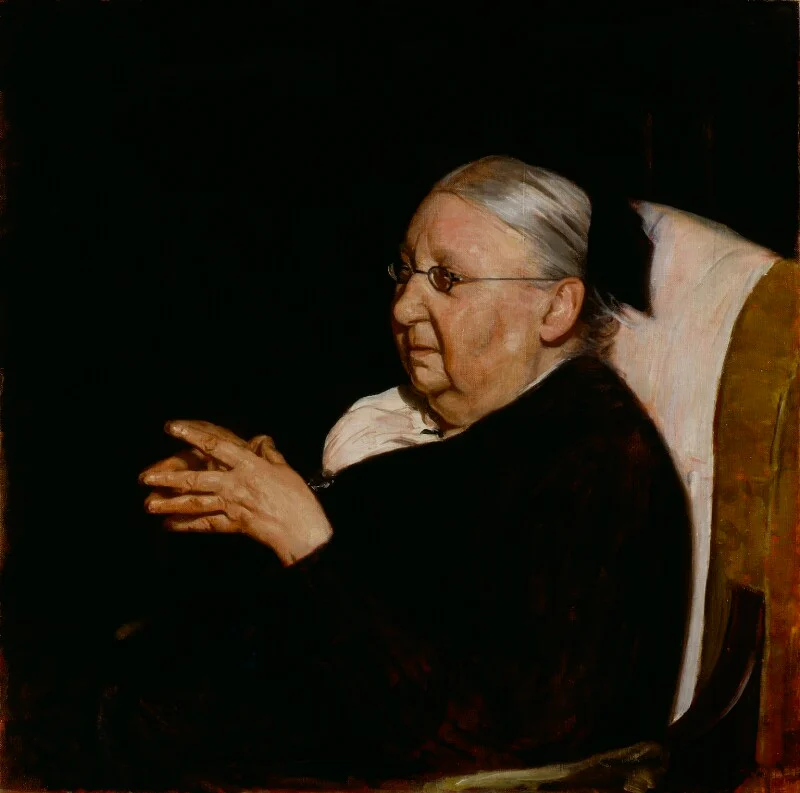
Contribution: Jekyll made her significant contribution by creating more than 400 gardens in the US, UK and Europe. She wrote more than 1000 articles for many renowned magazines of her time such as “The Garden,” and “Country Life.”
Pam Dooley
Pam Dooley is the founder of Plants Creative Landscape, a company known for its innovative and sustainable landscaping solutions.

Contribution: Dooley is widely known for her eco-friendly practices and has significantly influenced modern landscape design.
Social Media: You can connect to Pam Dooley on her social media profile such as linkedin.
Mail: For more info, you can get connected to her through pdooley@plantscreative.com.
Website: Pam Dooley | Landscaping in Decatur GA – Plants Creative
Deborah Cole
Deborah Cole is one of the most popular figures in the landscaping industry, founder and former president of Greater Texas Landscape Services.

Contribution: Deborah is known for her leadership and innovative approach in landscape design. She is the founder of D. Cole Consulting and an advocate for women in landscaping. Her expertise has significantly influenced sustainable landscaping practices.
Social Media: You can follow her on her linkedin profile to get in touch with her.
For more info, you can visit Deborah Cole Connections.
Margie Grace
Margie Grace is a well-known figure in the landscape industry and the founder of Grace Design Associates.

Contribution: Grace has contributed sustainable and ecologically responsible landscape designs. Her work integrates natural elements with innovative designs creating beautiful and functional outdoor spaces.
Social Media: You can follow her on linkedin to get in touch with her.
Website: Grace Design Associates
Mail: info@gracedesignassociates.com
Kate Orff
Kate Orff is a landscape architect widely known for integrating ecological principles into urban design. Kate is a founder of SCAPE.

Contribution: Kate is known for introducing several projects like the Living Breakwaters in New York, showcase innovative, environmentally focused solutions that address climate change and enhance community resilience.
Social Media: You can follow her on X to get in touch with her.
Website: For more info, visit SCAPE
Mail: office@scapestudio.com
Martha Schwartz
Martha is an award-winning landscape architect known for her innovative urban landscapes.
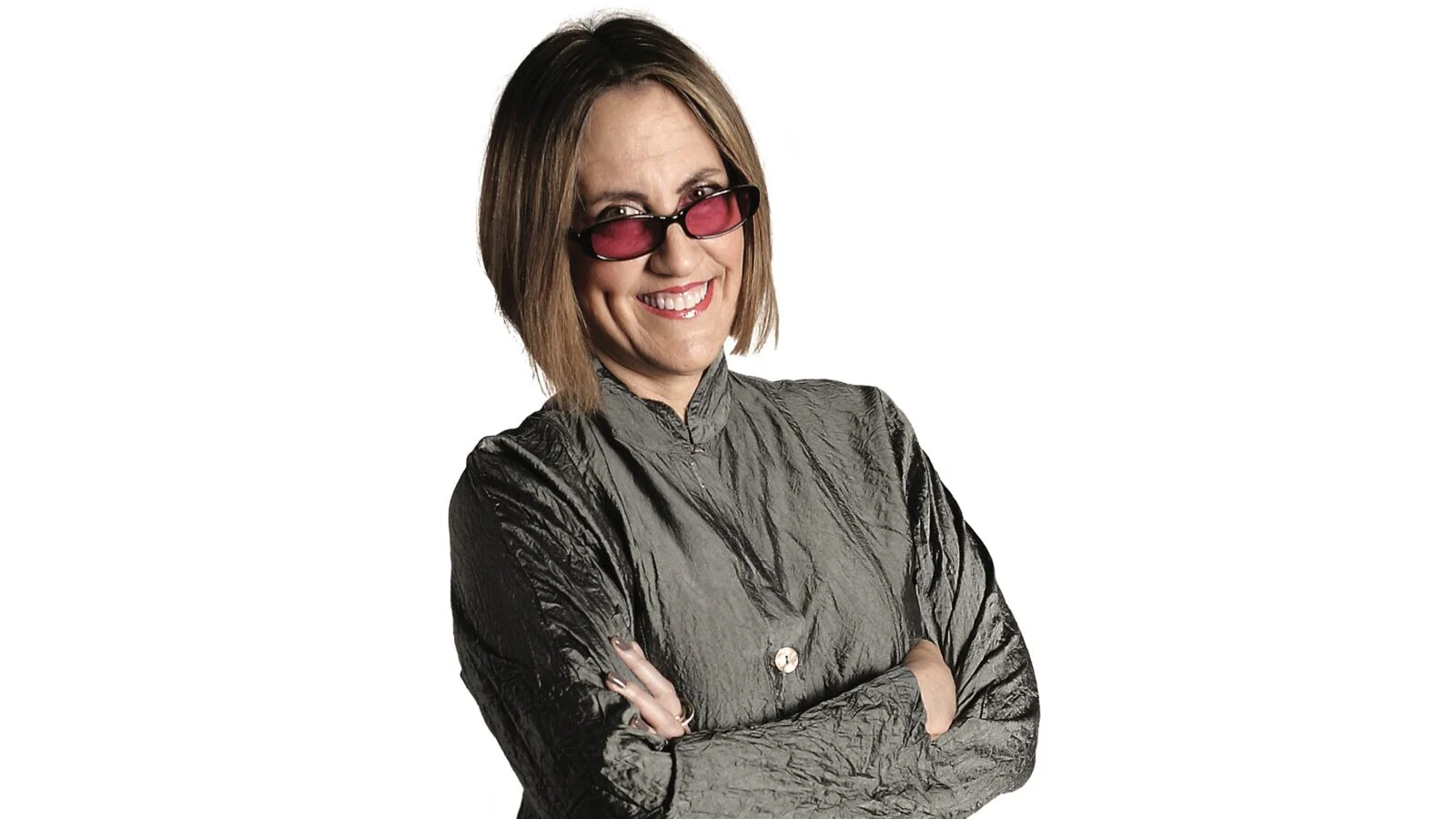
Contribution: Martha’s work combines art, ecology, and innovative urban designs to create spaces that are both functional and visually striking.
Social Media: You can get in touch with Martha Schwartz on linkedin.
Website: Martha Schwartz Partner
Mary Reynolds
Mary Reynolds is a prominent Irish Landscape designer and author. She is renowned for her nature-centric approach to garden design.
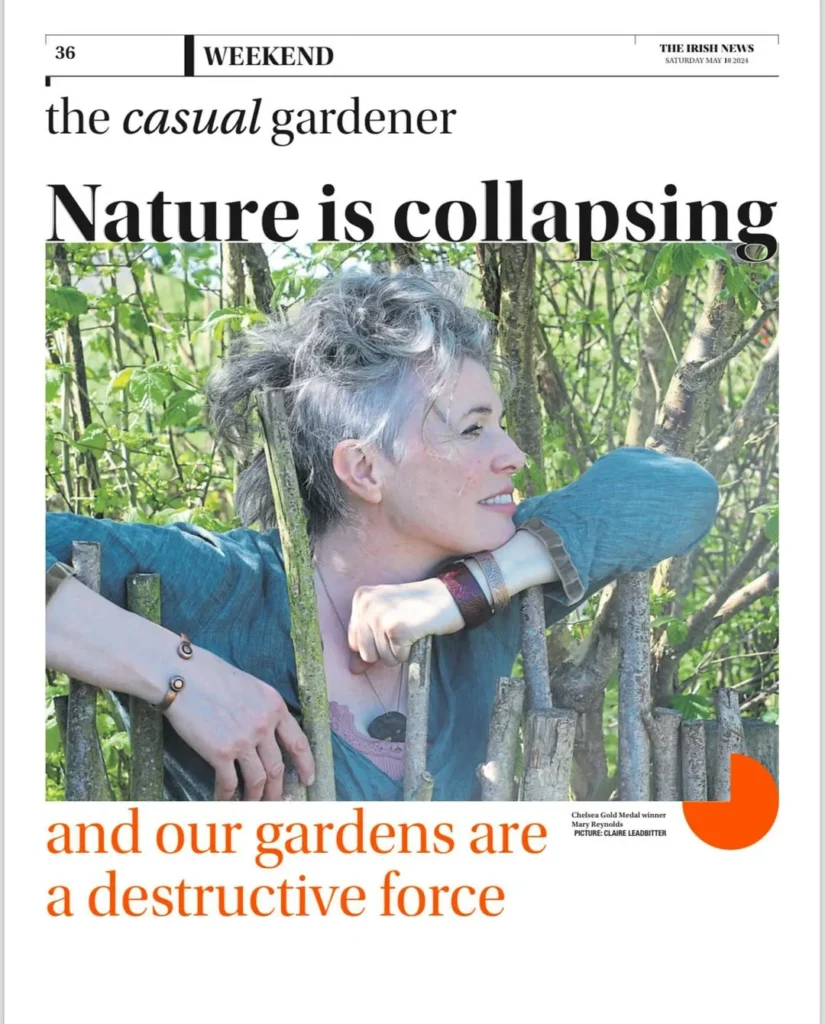
Contribution: Mary contributes in emphasising rewilding and ecological harmony, inspiring a movement towards more sustainable and natural landscapes.
Social Media: You can get connected to her on Instagram.
Website: For more info, visit Mary Reynolds.
Mail: info@marymary.ie
Andrea Cochran
Andrea Cochran is an American landscape architect in San Francisco.

Contribution: Andrea’s work is known for its minimalist design and integration with the environment. Her work creates serene, contemplative spaces that emphasise simplicity and the beauty of nature.
Social Media: You can follow her on Instagram.
Website: For more info, visit ACLA
Mail: acla@acochran.com
Claudia West
Claudia West is a Principal at Phyto Studio and a Planting Design Director. She is additionally a co-author of “Planting in a Post Wild-World.”
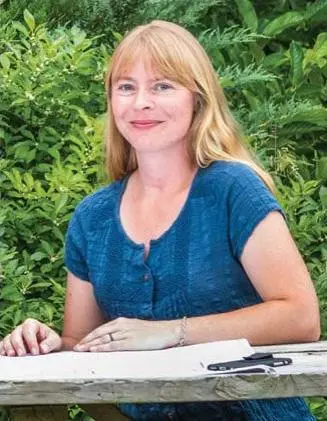
Contribution: Claudia West advocates for resilient, biodiverse landscapes that support local ecosystems, emphasising the importance of native plants in modern landscape design.
Social Media: Follow her on linkedin.
Website: For more info, visit Claudia West — Phyto Studio
Mail: connect@phytostudio.com
Sara Zewde
Sara Zewde is a prominent landscape architect and urbanist and the founder of Studio Zewde.

Contribution: Sara Zewde integrates cultural narratives into her designs, creating spaces that reflect and enhance the cultural and historical context of their locations.
Social Media: Linkedin
Website: For more info, visit Team — Studio Zewde (studio-zewde.com)
Mail: info@studio-zewde.com
Nina-Marie Lister
Nina-Marie Lister is a prominent landscape architect and a planner. She is known for her amazing work on urban resilience and green infrastructure.

Contribution: Nina-Marie contributed to the landscaping industry by integrating planning and ecology, advocating for adaptive and resilient urban landscapes.
Social Media: You can connect to Nina-Marie by following her on Linkedin.
Website: For more info, visit Ecological Design Lab
Mail: ecodesignlab@torontomu.ca
Christy Ten Eyck
Christy Ten Eyck is the founder of Ten Eyck Landscape Architects. She is widely known for her sustainable desert landscapes.
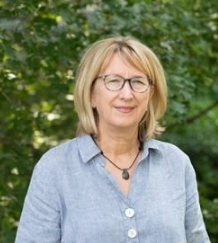
Contribution: Christy focuses on water conservation and native plants in her designing ideas, creating sustainable and beautiful desert environments.
Social Media: You can follow Christy on Instagram.
Website: Ten Eyck Landscape Architects
Mail: info@teneyckla.com
Janice Parker
Janice Parker is the founder of Janice Parker Landscape Architects, known for her elegant and timeless designs.

Contribution: Janice combines classical design principles with modern sustainability practices to create enduring landscapes.
Social Media: You can follow Janice on Instagram.
Website: Janice Parker Landscape Architects.
Mail: info@janiceparker.com
Isabelle Greene
Isabelle Greene is a landscape architect known for her environmentally sensitive designs in California.

Contribution: Isabelle focuses on water-wise gardens and natural landscapes, blending beauty with sustainability.
Social Media: Isabelle is not active on social media, however, you can follow her on this Linkedin profile.
Website: Isabelle Greene and Associates
Mail: iga@isabellegreene.com
Gina Ford
Gina Ford is a founding principal of Agency Landscape + Planning, known for her socially responsive designs.

Contribution: Gina focuses on community-driven design, creating inclusive and resilient public spaces.
Social Media: You can follow her on Linkedin.
Website: Agency Landscape + Planning
Mail: info@agencylp.com
Challenges and Barriers
While the increasing representation of women in landscaping is a positive trend, it’s important to acknowledge and address the challenges and barriers women in this field may face. Despite progress, some women still encounter gender bias and discrimination regarding their abilities in a traditionally male-dominated field. This can lead to challenges in being taken seriously, advancing in their careers, or securing leadership roles.
Balancing the demands of a physically demanding career with personal and family responsibilities can be a significant challenge for many women in the landscaping industry.
While advancements in technology and equipment have made the physical aspects of landscaping less tiring and physical, the job can still involve heavy lifting, long hours outdoors, and physically demanding tasks, which some women may find challenging.
Networking and mentorship opportunities for women in landscaping may be limited, making it more difficult to find role models, guidance, and support systems within the industry.
For women entrepreneurs or business owners in the landscaping industry, access to resources, funding, and capital can be a significant barrier to growth and success.
Overcoming these challenges requires a concerted effort from individuals, companies, and industry organizations to promote inclusivity, provide equal opportunities, and create supportive environments for women in landscaping.








